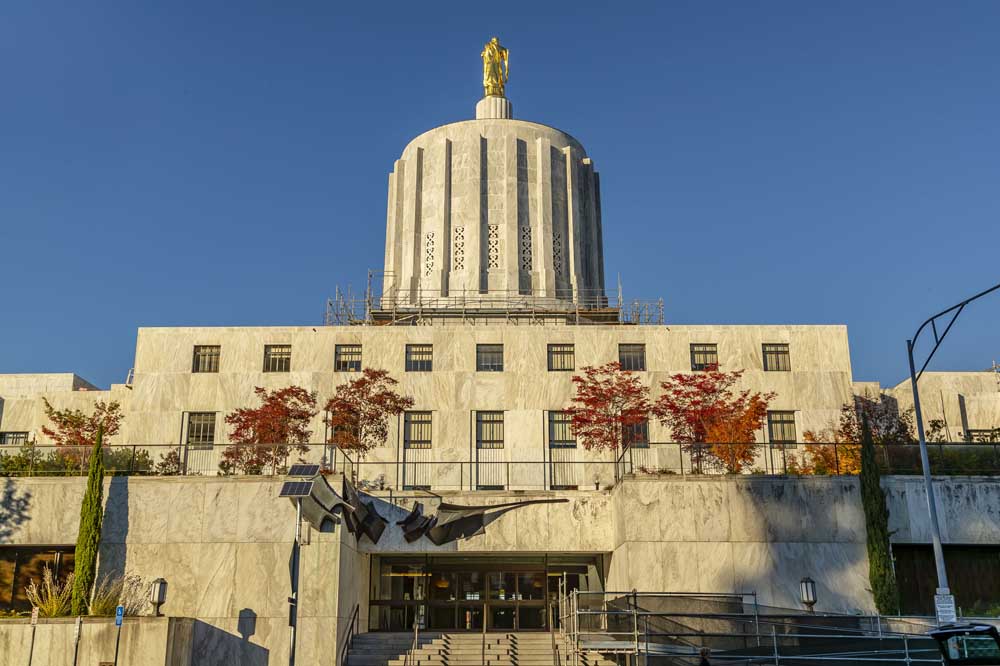Editorial: League of Oregon Cities proposal would block records council independence
Published 9:30 pm Thursday, January 23, 2020

- Stock image
If the resignation in 2019 of Ginger McCall did nothing else, it highlighted the very real problems with placing the Public Records Advocate and Public Records Council under the control of an elected government official.
State representatives Kim Thatcher, R-Keizer, and Karin Powers, D-Milwaukie, who serve on the council, recognized the problems and have proposed legislation that would make the council and the advocate independent. Now a member of the council who’s a lobbyist for the League of Oregon Cities wants that independence stripped away. All groups like this should be answerable to an elected public official, the league’s Scott Winkels says.
There’s more to Winkels’ opposition to the measure, to be sure. As he told members of the Public Records Advisory Council during their meeting Wednesday, the proposal is not what the League of Oregon Cities agreed to when the council was created in 2017.
That’s true. This bill aims to fix major flaws in what was the result of that agreement.
As McCall’s problems with Gov. Kate Brown’s office last year made all too clear, being answerable to an elected official’s office leaves both the advocate and the council vulnerable to pressure from those on the official’s staff, particularly when their interests collide.
Winkels also objects to language that explicitly gives the advocate and council the right to support or oppose legislation relating to public records and to ask a lawmaker to introduce legislation on their behalf. Again, both were problems when McCall held the job.
Finally, Winkels would make the advocate an ex officio member of the council and its executive director and require the council to be headed by co-chairs, one representing public agencies and the other, those who seek information from them.
Taken together, it’s difficult — impossible, really — to see how anything Winkels and the league are proposing does anything to improve the work done by either the council or the advocate. Instead, the changes would retain a setup that led to the resignation of Oregon’s first Public Records Advocate and turn the council into a clunky two-headed body that might or might not be able to function efficiently as a result.
While there’s a real possibility there will be changes in the Thatcher-Powers proposal, they must not weaken the ability of either the council or the advocate to work to make Oregon’s public records laws work for all, including the public.






